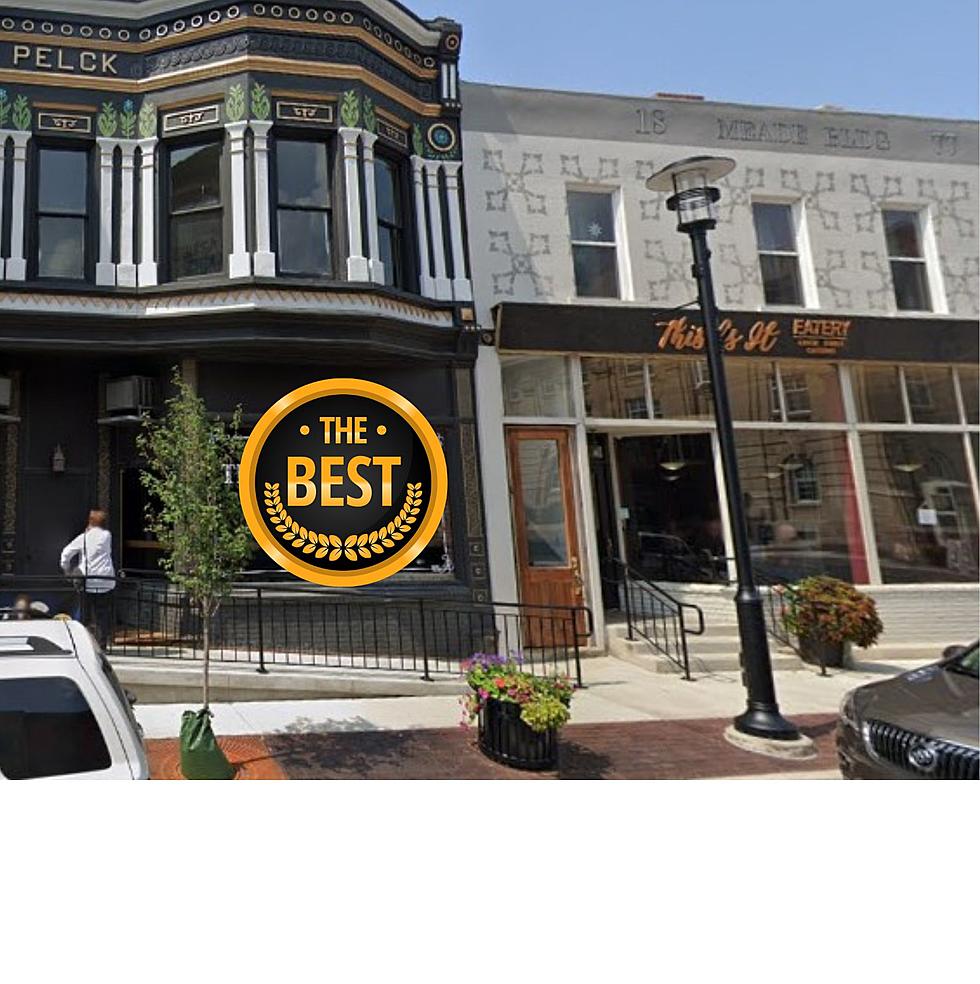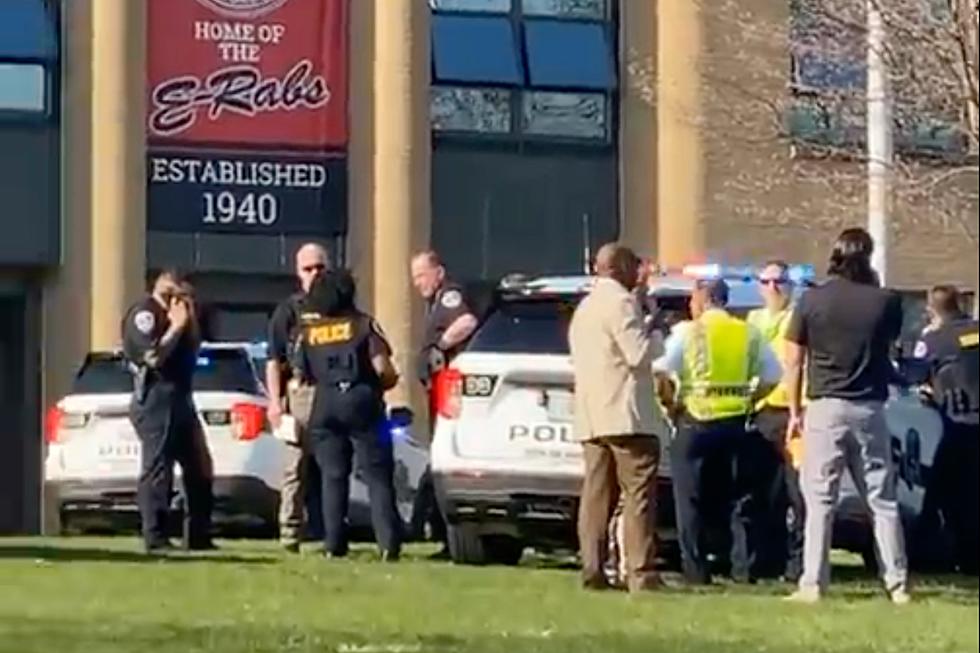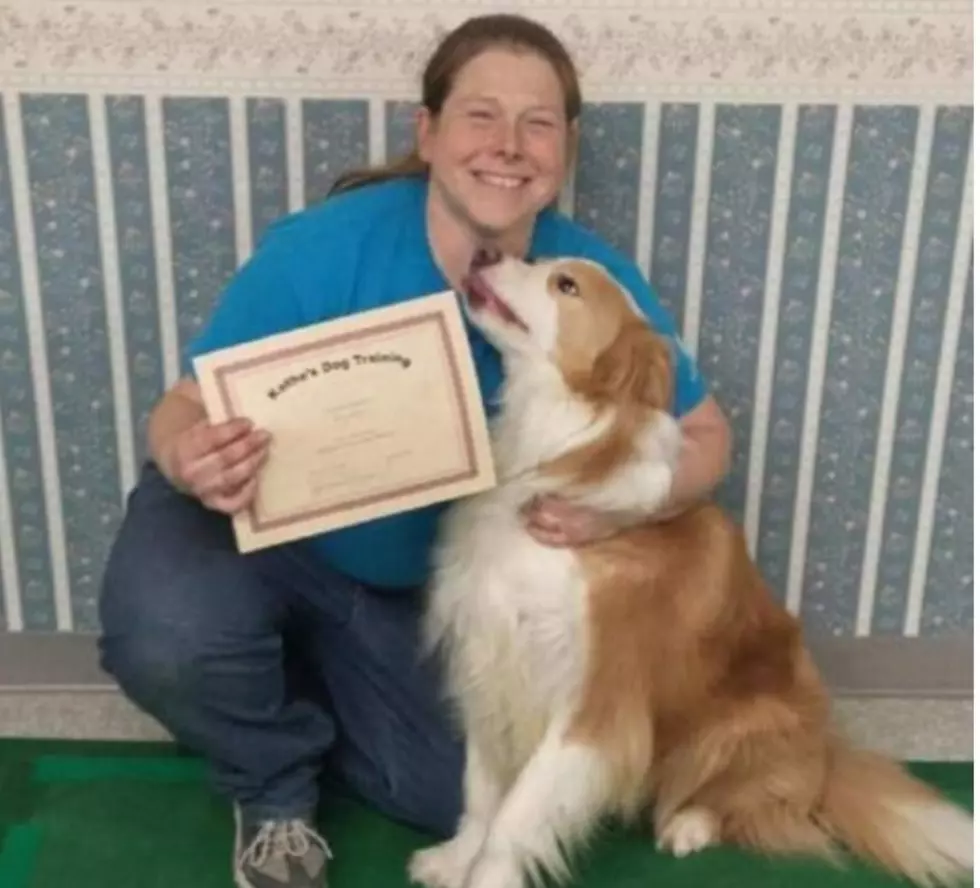
Bill To Ban Puppy Mills Heads To Governor’s Desk For Signing
A month or so back, we heaped some serious praise on Freeport's State Representative Andrew Chesney for getting Illinois House Bill 1711(HB-1711), also known as the "Anti Puppy Mill" bill passed out of the Illinois House.
At the time of our interview with Representative Chesney, he told me that he had been inspired to sponsor the bill by his wife and a dog that they had purchased.
Representative Chesney told me that they didn't even know about their beloved dog's puppy mill background, but subsequent illnesses and other health difficulties have been a constant problem, leading Chesney to look further into puppy mills.
And quite obviously, he didn't like what he saw and learned about how puppy mills do what they do.
Maybe you've heard the term before, but weren't quite sure what a puppy mill is. Here's how the American Society For The Prevention Of Cruelty To Animals (ASPCA) defines puppy mills:
A puppy mill is a “large-scale commercial dog breeding operation where profit is given priority over the well-being of the dogs.” Puppies born in a puppy mill are often sold at as young as 8 weeks old, to brokers and/or retailers who then sell the puppies to the consumer. Some puppy mills sell directly to the public through web sites, newspaper classifieds or at flea markets.
The ASPCA goes on to say that the reason the retail pet industry doesn't want to show you where their puppies come from is that to make money, or "turn a profit," corners have to be cut, which results in poor care for the puppies.
Now, a bipartisan bill to end the influence of puppy mills in Illinois is sitting on Governor Pritzker's desk to be signed into law. The law won't stop puppy mills as a whole, but what it will do is ban pet stores across the state from selling dogs from commercial breeding facilities.
Under the new law, pet shops would only be able to sell dogs or cats obtained from animal control facilities and animal shelters, either in-state or out-of-state, that are in compliance with Illinois animal welfare regulations.
LOOK: Here Are 30 Foods That Are Poisonous to Dogs
More From Rockford's New Country Q98.5









